Last Updated on July 31, 2021
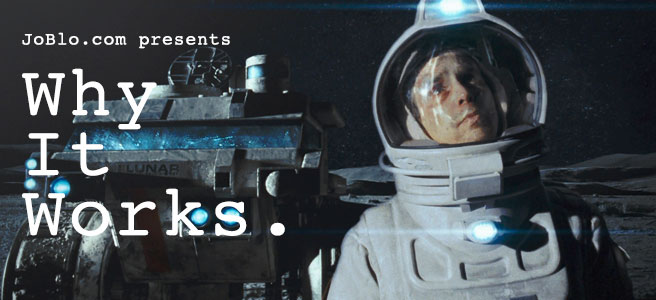 Why It Works is an ongoing column which breaks down some of the most acclaimed films in history and explores what makes them so iconic, groundbreaking, and memorable.
Why It Works is an ongoing column which breaks down some of the most acclaimed films in history and explores what makes them so iconic, groundbreaking, and memorable.
****SPOILERS AHEAD****
After years in the making, WARCRAFT hits theaters this weekend, marking Duncan Jones' third visit to the big screen. While the video game adaptation is a large scale, CGI-driven, epic fantasy, the filmmaker's first film, MOON, saw Jones operating on a smaller scale, combining science fiction, paranoia, and tension in an intimate setting- while still feeling larger than life. MOON brings to mind films like OUTLAND, SOLARIS, ALIEN, and 2001: A SPACE ODYSSEY, calls into question the definition of life, identity, and the self, and features a powerhouse performance (or two) by Sam Rockwell. Here's why it works:
WHY WE LIKE THE CHARACTERS:
Sam Bell. Sam Bell is an astronaut contracted for a three year harvesting stint at Sarang Station on the moon. He has a daughter, a wife, and this story is not about him. As we eventually learn in the film, MOON is about two of Sam's clones, one of whom has been awake for three years (we'll call him Sam 1) and one who just came out of hibernation (Sam 2). When we meet Sam 1, he is the only Sam we know, and so we feel tremendously for him and his emotional response to video messages from his family. Not only do we see his loneliness and compassion, but he's also a regular, funny, laid back guy, which is always helpful when connecting with characters in a fantasy or sci-fi setting. When Sam 2 shows up, he is much more reserved and easy to anger, having not spent three years alone with only a photocopier on a hook to keep him company. While Sam 2 serves as a foil to Sam 1 and adds an element of conflict to the film, we also empathize with him, as he also has to deal with the truth about their identities and is just dealing with it differently than his counterpart. Finally, we have Gerty, the aforementioned automatron with an emoticon face. Gerty mostly serves as a way for us to hear Sam's inner-monologue and either stunt or aid his progress as the story requires, so there's not much to say here, but it's Kevin Spacey as a robot, so we're happy.
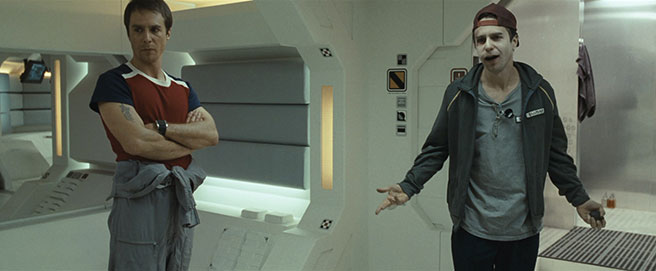 The best Sam Rockwell is two Sam Rockwells.
The best Sam Rockwell is two Sam Rockwells.
WHY WE CARE:
It's no small task to keep a film with only two or three characters compelling. Where plenty of films shove unnecessary B and C plot lines into the story simply to pad it out to the desired length, it's a testament to MOON that the story being told is meaty and interesting enough to hold our attention until the credits roll. One key element here is tension- the Sams struggle with themselves, each other, Gerty, Lunar Industries, the environment, and the film's strongest asset: the mystery of what the hell is going on. Very early on, Sam experiences some subtle but distinct glitches, be it a hiccup in the transmission from Tess, visions of Eve, or a general sense of not feeling well. It doesn't help us rest easy that Gerty bears a striking similarity in speech and personality to the HAL 9000, everyone's favorite digital sonofabitch. When we learn fairly early on that there are two Sam Bells, our suspicions are addressed, but our confusion only grows. Most films would leave this reveal until the end- hinging the entire story on one big Shyamalanian twist, but Jones and company give us this plot point early on, allowing the film to explore what happens next. As the Sams endeavor to figure out who they are and just how deep the rabbit hole goes, our questions are steadily answered, but our fascination never wanes.
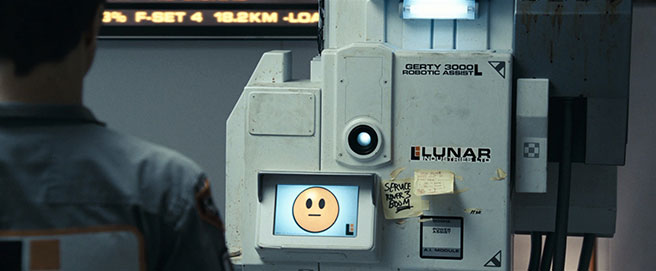 First rule of movie watching: no matter how much you love him, never trust Kevin Spacey (as evidenced by the fact I didn't even have to change this caption from the last Why It Works.)
First rule of movie watching: no matter how much you love him, never trust Kevin Spacey (as evidenced by the fact I didn't even have to change this caption from the last Why It Works.)
WHY WE'RE SATISFIED:
Perhaps the most severe revelation in MOON is the fact that, not only is neither protagonist the original Sam Bell, but the clones are unceremoniously incinerated upon completion of their three year contracts, and a new one is plucked from the hundreds waiting in a secret room belowdecks. While we may have expected this development, it doesn't make it any less devastating to watch the Sams learn the truth. After three years of being told there is no way to initiate a live feed with Earth, Sam 1 makes his way beyond the interference radius and successfully calls home. In perhaps the film's most heartbreaking moment, Sam 1 learns that Eve is now 15, Tess has passed away, and the original Sam Bell is at home with his daughter. As the Sams realize the "help" Lunar Industries has offered to send will surely result in their destruction, the pair hatches a plan to send Sam 2 to Earth, leaving Sam 1 in the crashed lunar rover and rousing a new clone, thus keeping the rescue team from realizing anyone has gone missing. After a touching scene in which the Sams reminisce over a shared memory of Tess, Sam 1 is laid to rest, and Sam 2 makes his escape- but not before redirecting a harvester into the interference pylon, reactivating the live feed. In the final moments of the film, we learn that Sam 2 not only made it to Earth but revealed himself to the media, effectively putting a stop to Lunar Industries' unethical practices. These final moments let us leave the film feeling like it was all worth something rather than just a singular, disconnected story.
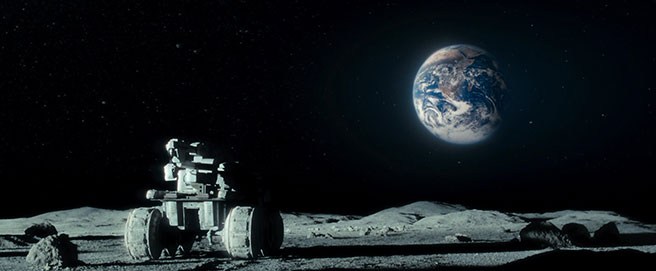 "Planet Earth is blue, and there's nothing I can do…"
"Planet Earth is blue, and there's nothing I can do…"
WHY WE REMEMBER:
For such an understated and intimate story, MOON maintains the scope of a sci-fi adventure. When Sam ventures out onto the surface, we are treated to grand, sweeping shots of the lunar landscape comparable to films with ten times the budget. Much like we saw recently with THE MARTIAN, we have the juxtaposition of an otherworldly setting and premise with a very realistic, humanist core. Aronofsky regular Clint Mansell provides an incredible score which both drives the film forward with a constant pulse and adds to the mystery with ethereal strings and mesmerizing piano. Nathan Parker's script, based on a story by Jones, has the markings of both a character-driven play and and mystery novel, keeping the immediate moments real and intimate while raising and answering enough questions to keep our interest piqued. Duncan Jones, cinematographer Gary Shaw, and the production team craft a beautiful environment, calling attention to every feature from an old post-it note stuck to Gerty to the details of the moon's surface. Finally, Sam Rockwell knocks this one out of the stratosphere, crafting two characters who, while being versions of the same person, are unique enough to stand apart from each other, alike enough for both be Sam Bell, and three dimensional enough to not feel like mere caricatures. Duncan Jones has described his next film, MUTE, as a science fiction CASABLANCA which is set in the same universe as MOON– including a score by Clint Mansell and a special appearance by Sam Bell. Just take my money now.
Thoughts? What else worked for you? What didn't? Strike back below!
If you have any movies you'd like to see put under the microscope, let us know below or send me an email at [email protected].


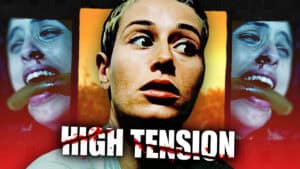
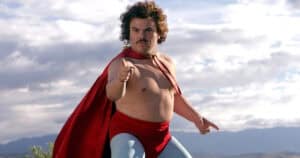

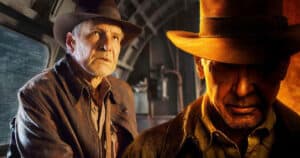


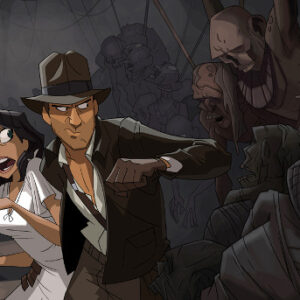
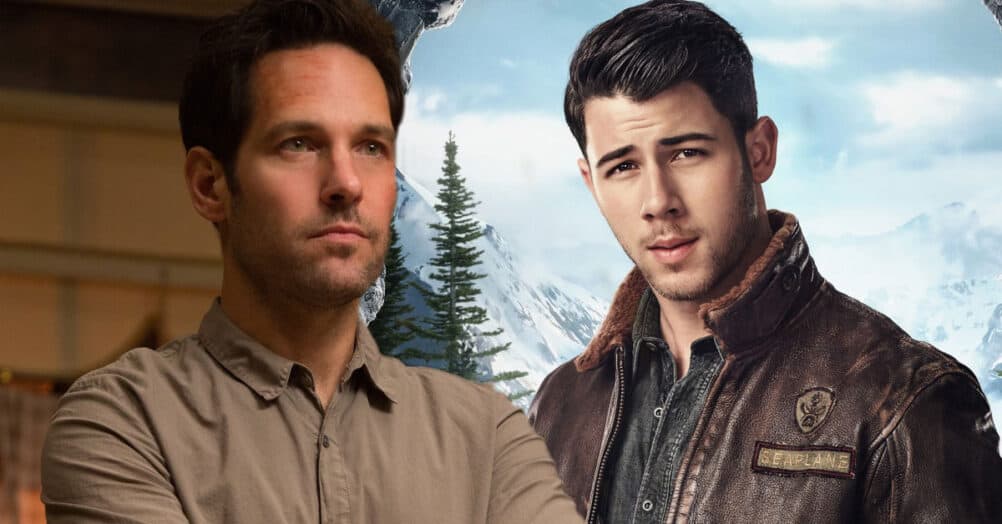
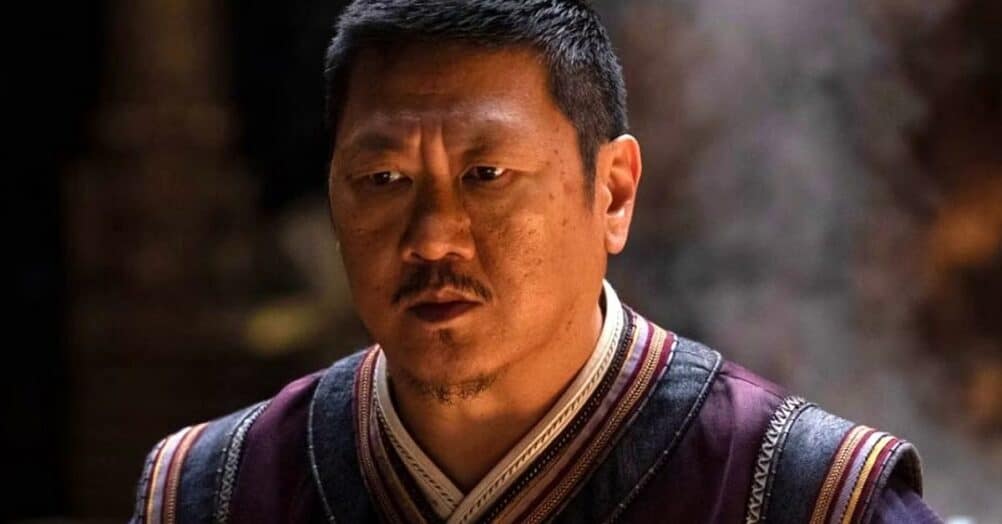
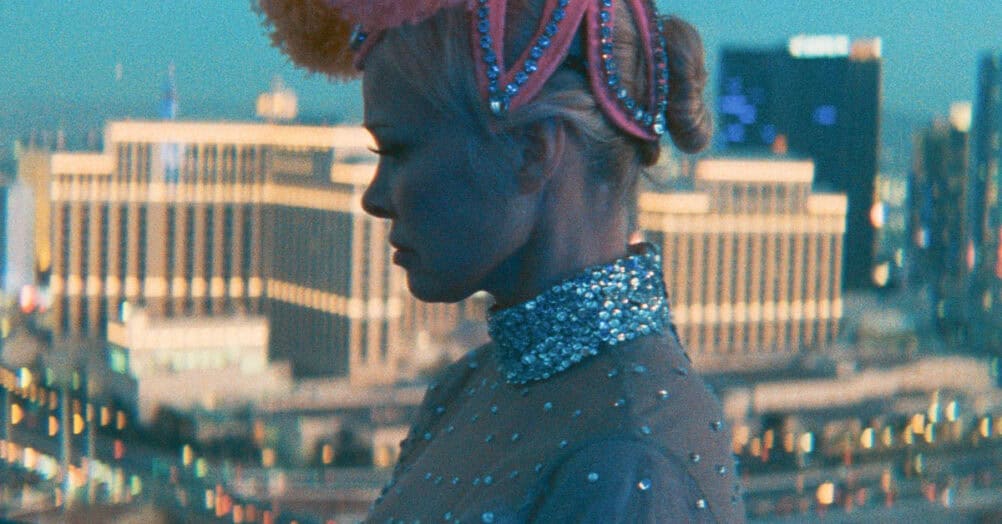
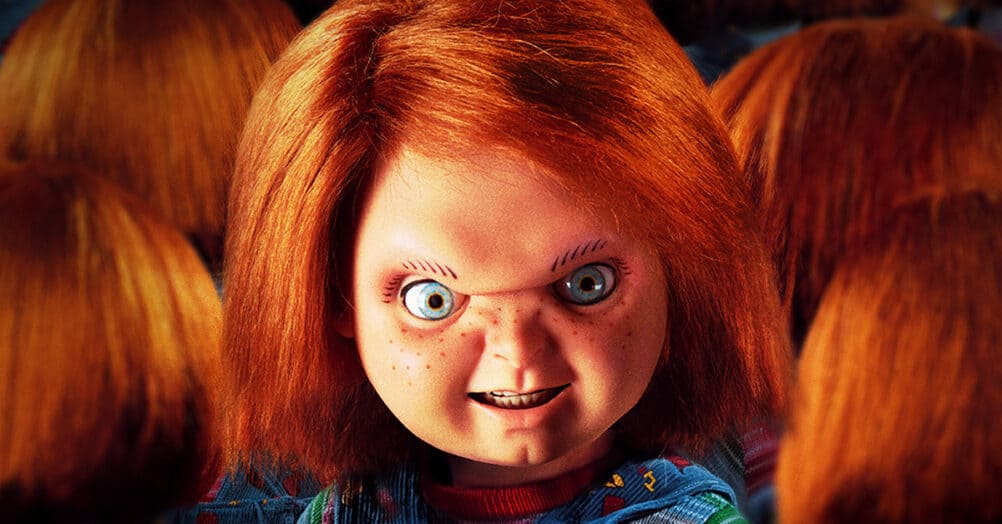
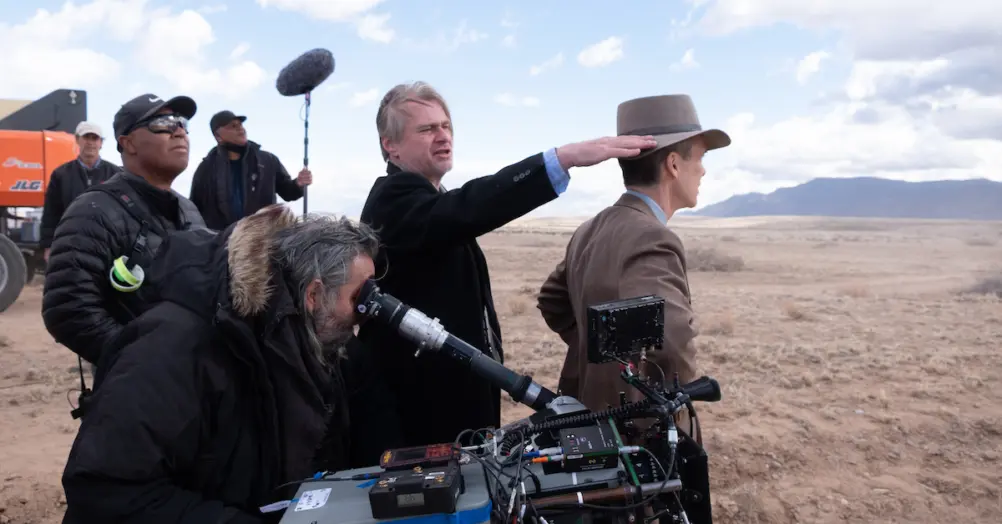
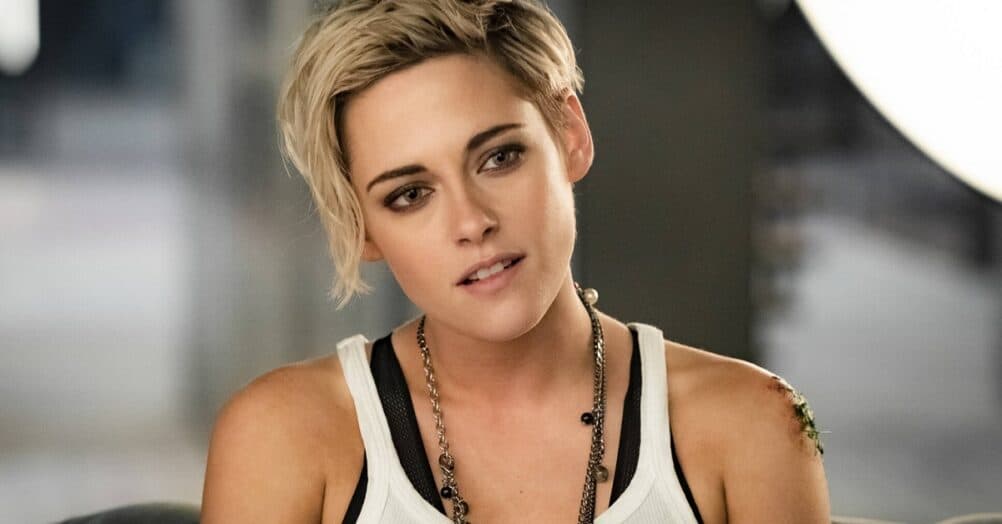
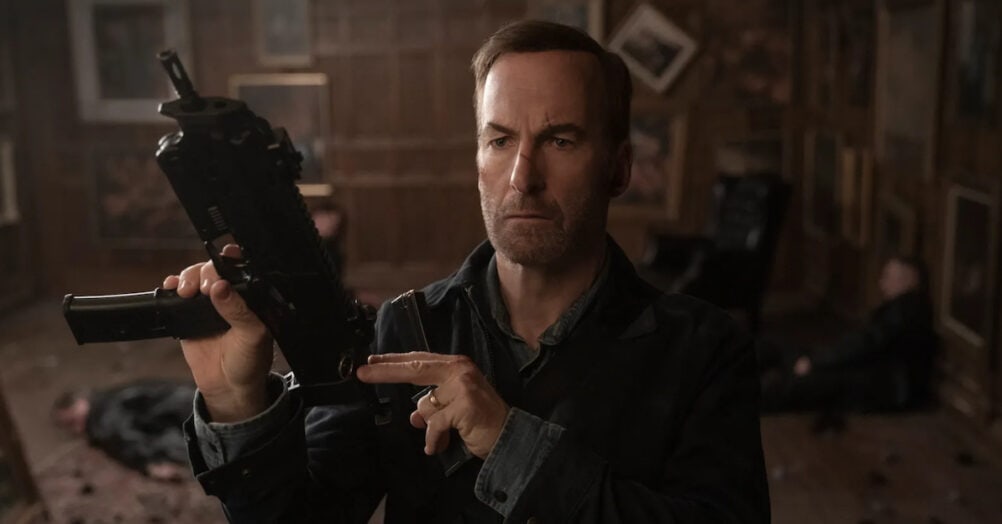
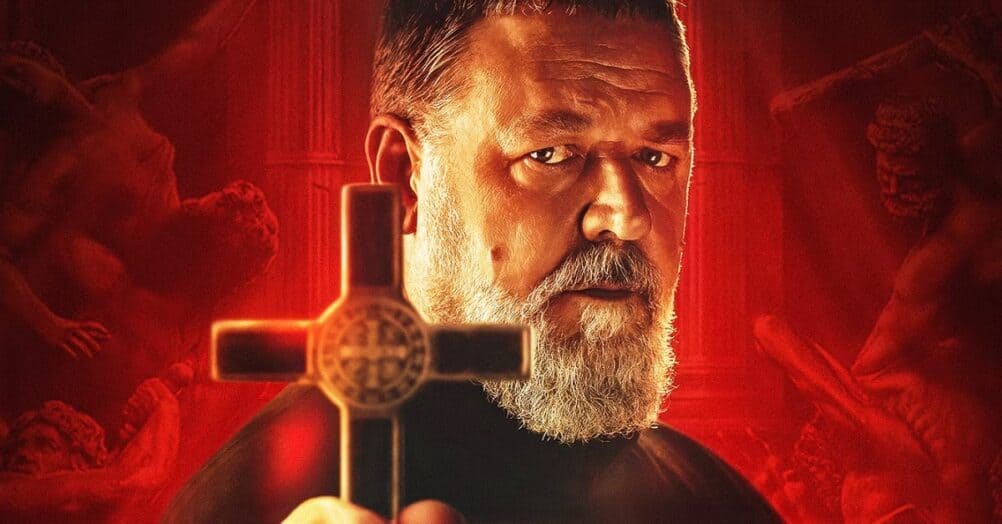
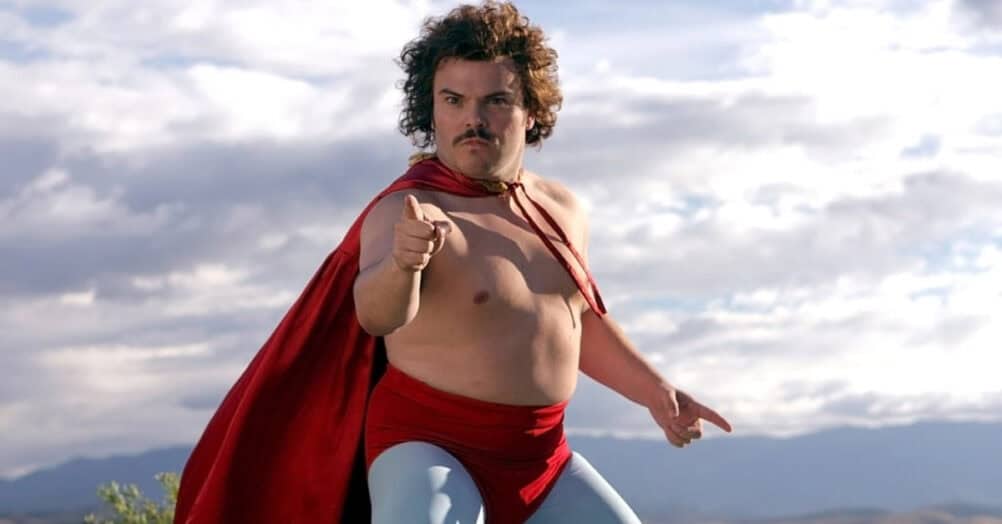
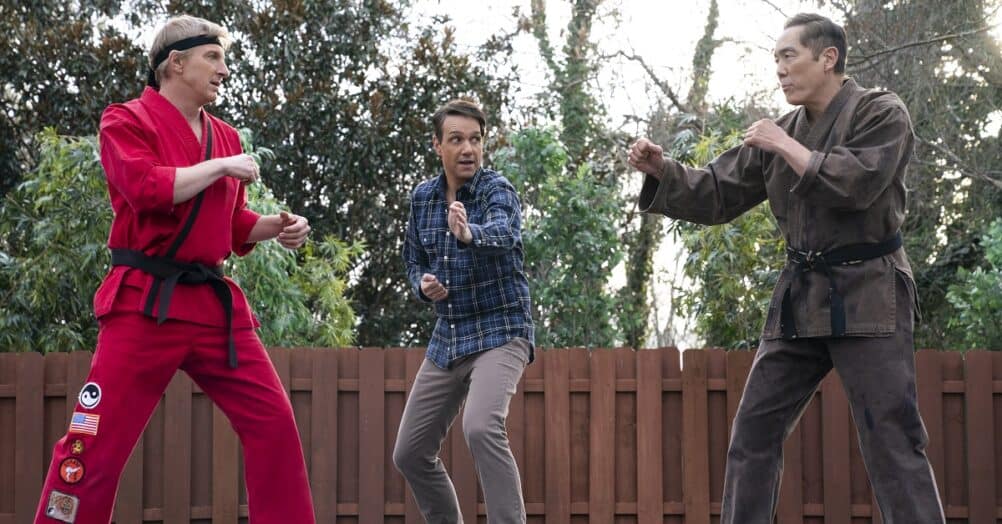
Follow the JOBLO MOVIE NETWORK
Follow us on YOUTUBE
Follow ARROW IN THE HEAD
Follow AITH on YOUTUBE